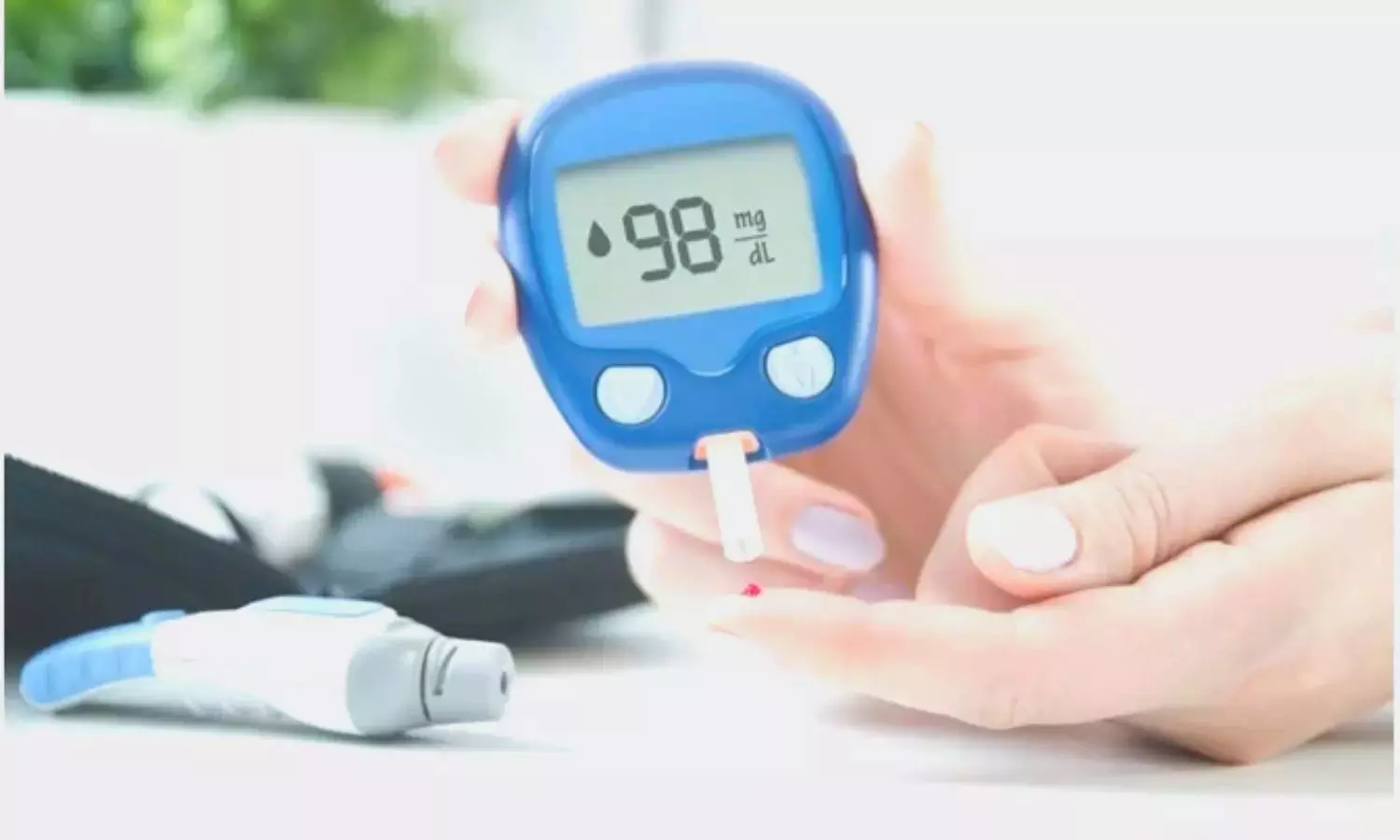Stress Hyperglycemia Ratio Predicts Cardiovascular Mortality in Triple-Vessel Disease Patients: Study

Researchers have found that the stress hyperglycemia ratio (SHR), a measure of acute hyperglycemia in response to stress, can predict cardiovascular mortality in triple-vessel disease (TVD) patients with acute coronary syndrome (ACS). A study involving TVD patients with ACS from two independent centers observed a strong association between high SHR levels and an increased risk of cardiovascular mortality. This study was published in the journal Cardiovascular Diabetology by Yu Zhang and colleagues.
Risk assessment in TVD remains a challenge due to the complexity of the disease. Stress hyperglycemia, an acute response of glucose metabolism during stress, can offer insights into the patient’s true acute hyperglycemic status. This study aimed to evaluate the prognostic value of SHR in TVD patients with ACS and its role in risk stratification.
A total of 3,812 TVD patients with ACS were included in the study. Baseline SHR measurements were collected, and the patients were followed up for a median of 5.1 years. The study’s primary endpoint was cardiovascular mortality. Cox regression analysis was used to evaluate the association between SHR and cardiovascular mortality. The study also used the SYNTAX II (SSII) model as a reference to assess the incremental predictive value of SHR.
The key findings of the study were as follows:
-
Out of the 3,812 TVD patients with ACS, 219 (5.8%) suffered cardiovascular mortality during the follow-up period.
-
High SHR levels were associated with an increased risk of cardiovascular mortality (adjusted hazard ratio 1.809, 95% confidence interval 1.160–2.822, P=0.009), displaying a J-shaped pattern.
-
The prognostic value of SHR was primarily observed in patients with diabetes rather than those without diabetes.
-
Model Improvement: Adding SHR to the SSII model improved the model’s ability to predict cardiovascular mortality in TVD patients with ACS.
The study confirms that high levels of SHR are linked to long-term cardiovascular mortality risk in TVD patients with ACS. Moreover, SHR adds incremental predictive value beyond the standard SSII model. Assessment of SHR may help improve risk stratification in TVD patients under acute stress and provide better personalized treatment approaches.
Reference:
Zhang, Y., Guo, L., Zhu, H., Jiang, L., Xu, L., Wang, D., Zhang, Y., Zhao, X., Sun, K., Zhang, C., Zhao, W., Hui, R., Gao, R., Wang, J., Yuan, J., Xia, Y., & Song, L. (2024). Effects of the stress hyperglycemia ratio on long-term mortality in patients with triple-vessel disease and acute coronary syndrome. Cardiovascular Diabetology, 23(1). https://doi.org/10.1186/s12933-024-02220-3


